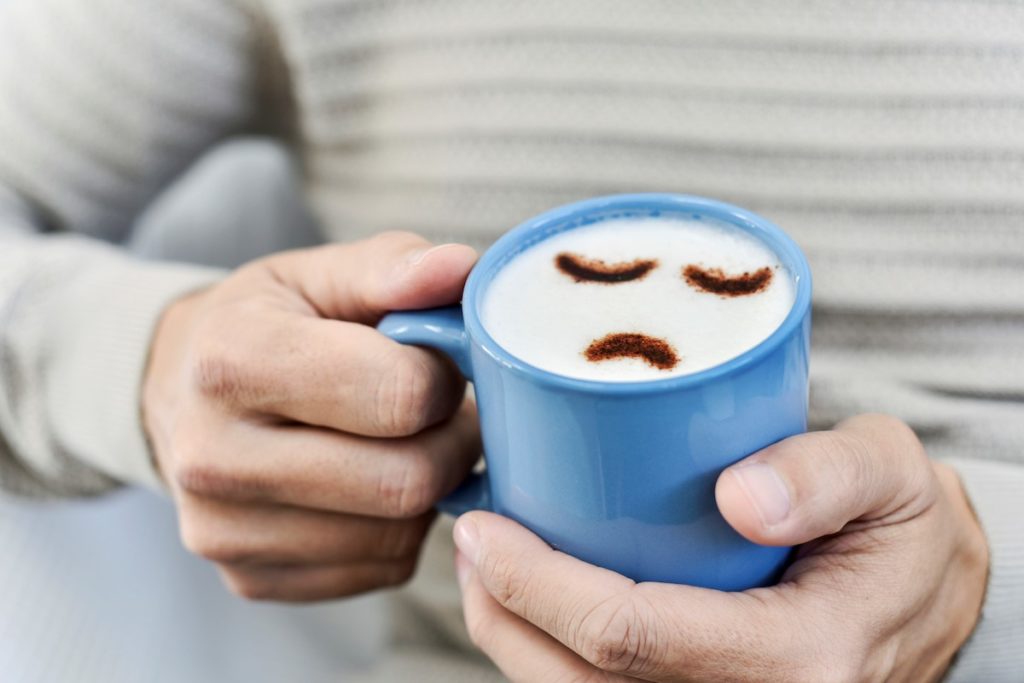
Seasonal depression is a very real and common problem among people of all age groups. So this year, make sure you’re looking out for the older loved ones in your life by being aware of the symptoms of seasonal depression in seniors.
Understanding Seasonal Depression
Seasonal depression is more formally known as seasonal defective disorder. This disorder is triggered by seasonal changes (especially from summer to fall and winter). In some people, seasonal changes lead to marked changes in mood. Mild versions of SAD are sometimes referred to as “winter blues.”
Usually, seasonal depression begins to dissipate with the arrival of fall and warmer weather. However, some people may experience summer-onset seasonal depression disorder as well. If depression persists all year long, it is no longer considered seasonal depression.
Common Symptoms of Seasonal Depression in Older Adults
If you know what to look for, you can spot seasonal depression. Here are some of the most common symptoms associated with SAD.
- Irritability
- Changes in appetite
- Loss of energy
- Decreased interest in socialization
- Persistent thoughts of death
If you notice these symptoms of seasonal depression in the seniors in your life, it’s crucial to take action. First, consult with a doctor regarding things you can do to help your loved one manage seasonal depression. If your loved one talks of suicide, it’s vital to seek professional care as soon as possible.
Ways To Combat Seasonal Depression
In addition to seeking professional help as needed, there are some other things you can do to make your family member’s environment as cheerful as possible. For example, try opening window coverings to allow more sunlight into your loved one’s room or home.
Take Vitamin D Supplements
In the winter, most people get less exposure to sunlight, which can lead to a drop in vitamin D levels. Increase sun exposure where possible and consider supplementing with vitamin D as needed to alleviate symptoms.
Boost Physical Activity
If your loved one is capable of physical activity, encourage it. Gentle movements such as walking or cycling can help combat symptoms of seasonal depression in older adults. Regular physical activity promotes physical and mental health. It can also help tire the body so the affected person can get more restful sleep at night.
Try Light Therapy
Light therapy is another treatment for SAD. Your loved one’s doctor may recommend light therapy with special therapy lamps. These lamps make it possible to increase light exposure even when the short winter days make it hard to get sufficient exposure to sunlight. In addition, your loved one may be advised to sit in front of the light for a specific amount of time every day to reduce feelings of sadness during the fall and winter seasons.
Before giving a loved one light therapy, always check with a healthcare provider. Light therapy may not be helpful or safe for people with certain health conditions.
Eliminate Sugary Foods
Another way to combat seasonal depression in older adults is by helping your loved one eliminate sugary foods and drinks from their diet. A healthy diet full of fruits, vegetables and other whole foods can be very beneficial for stabilizing the mood.




















